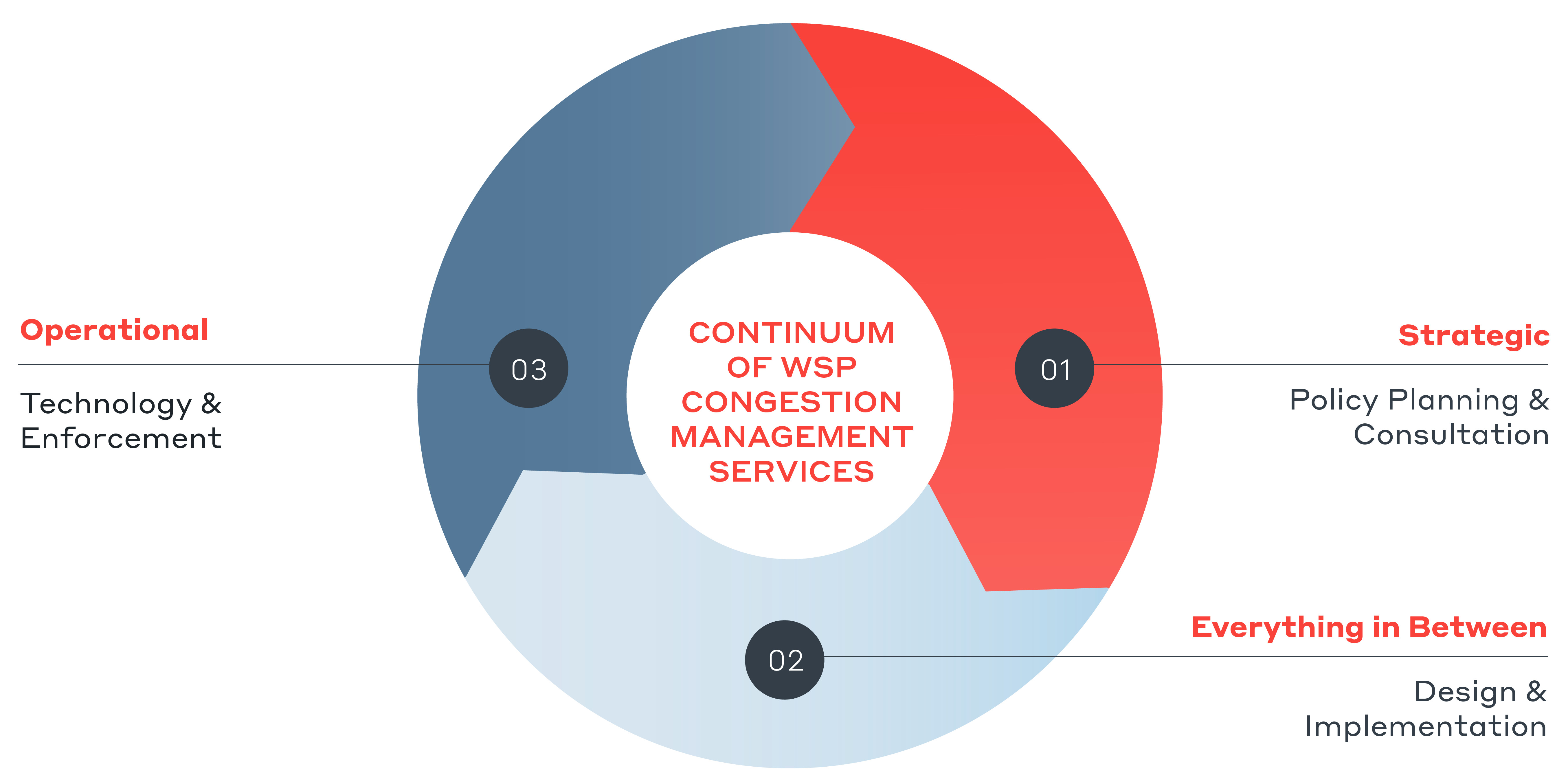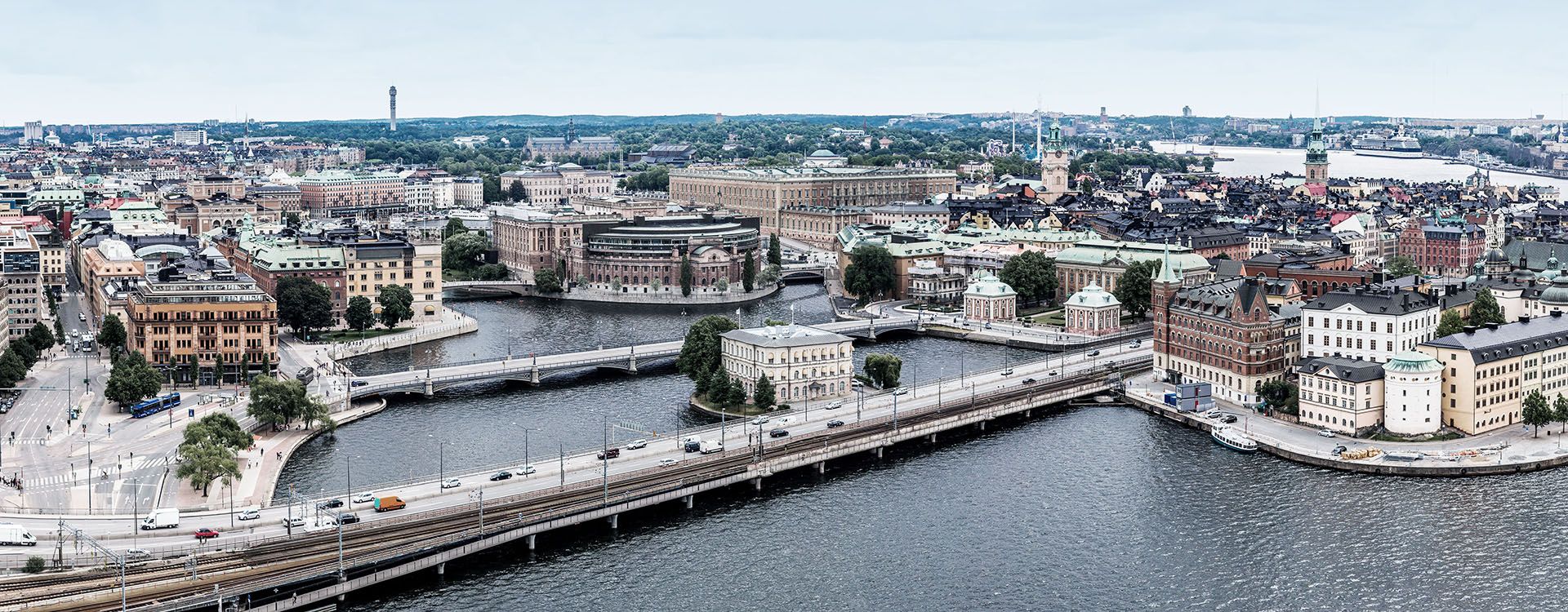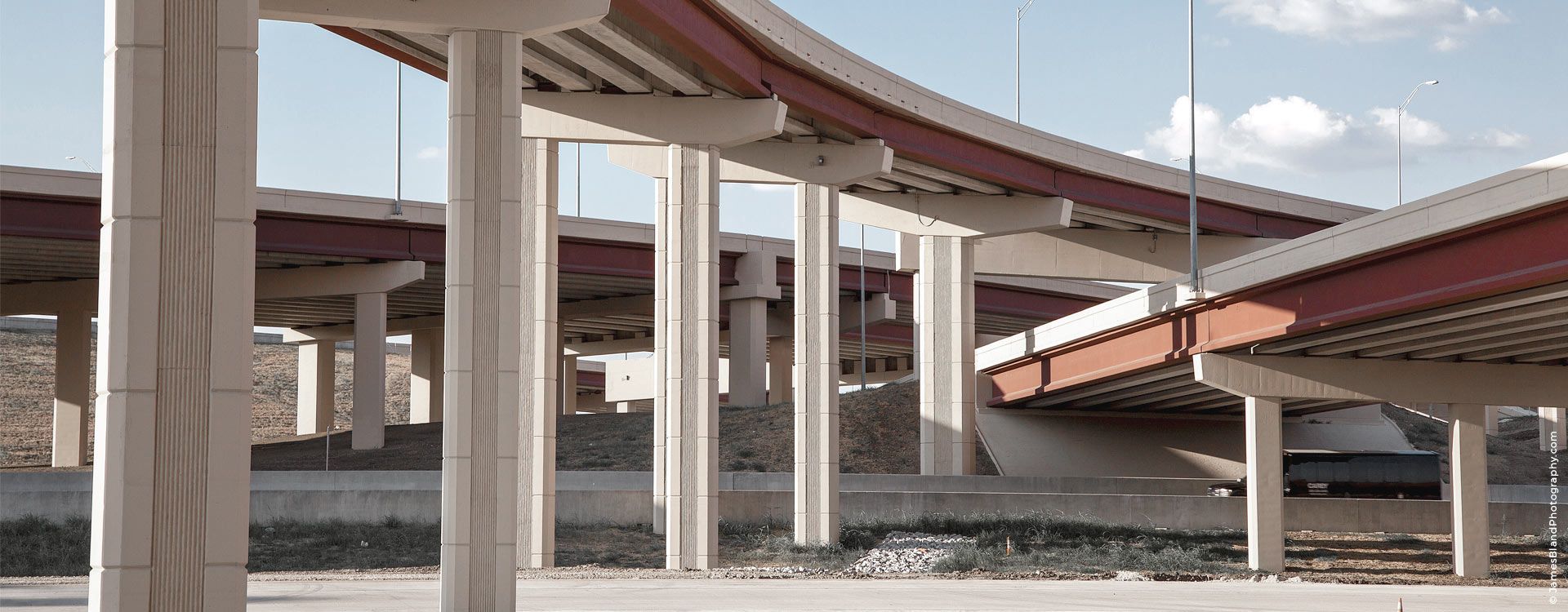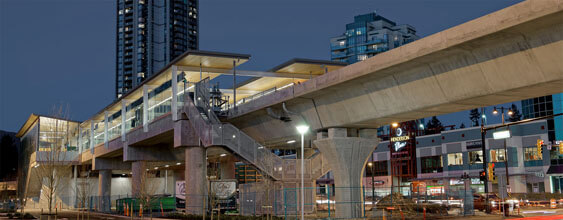


Managed Lanes, Congestion Pricing and Tolling
- Policy design and evaluation
- Travel demand modelling and forecasting
- Cost-benefit analysis
- Economic impact assessment
- Environmental review and permitting
- Statistical analysis and reporting
- Measurement and data collection design
- Finance, revenue planning and forecasting
- Enforcement of congestion pricing
- Variable lane pricing (express toll lanes, HOT lanes)
Transit-oriented Development
- Travel demand modelling
- Traffic relief planning
- Data analysis
- Monitoring and measuring
- Impact assessments
- Quality of life analysis
- New mobility strategies and scenario planning
- Project piloting
- Public interest and stakeholder facilitation
- Public planning and policy initiatives
Intelligent Transportation Systems
- Ramp metering
- Signal phase timing
- All electronic tolling
- Automatic/connected vehicles
- Traveller information services
- Roadway/traffic management
- Coordinated system management
- System-wide conversion
Design
- Program/project delivery
- Preliminary design
- Capacity building, needs assessment, risk allocation
- Multimodal roadway/lane use/intersection design (BRT, auxiliary lanes, arterial managed lanes)
- Innovative lane use/intersection design
- Automated/connected vehicles, and related infrastructure
Emission Reduction
We specialize in solving complex problems such as reducing a city’s or region’s air pollution through the adoption of emerging electric propulsion technology.
Our proprietary simulation Battery Optimization Lifecycle Tool (BOLT), which analyzes heavy-duty fleet electrification and optimization, helps public and private transit fleet operators determine quickly and easily the routes best suited for conversion to electric buses.
WSP’s Zero Emission initiative includes work with policy makers, fleet operators, and various levels of government to achieve electric mobility through the adoption of zero-mission vehicles and bus fleets.
WellbeingNew Mobility
WSP works closely with key players across the world to better understand the potential impact of mobility on local environments. Our ground-breaking whitepaper New Mobility Now: a Practical Guide focuses on five themes we expect will to play a key role in the future of transport and in place-making: automated driving; connected vehicles, transport systems and networks; shared use; electric vehicles; and new business models.
With New Mobility, WSP demonstrates an understanding of how shared services, technology and new business models will affect price and travel behavior across a range of services. Our Scenario Planning Toolbox helps clients develop future-ready strategies—for New Mobility challenges, as well as transport, business planning, urban planning and sustainability efforts around the world.
SmartSolutions
Safety
We consider understanding the changing context of safety within new mobility as essential to our congestion management advisory expertise.
With ongoing advances in technologies and systems aimed at improving safety and efficiency, having a digital infrastructure in place has become a mission critical in deployment of well-developed congestion management solutions that take into account the safety of all road users, including pedestrians, cyclists, motorcyclists and road crews.
Vision Zero is a global concept that embraces a transformative mindset and approach to making all roads safe. WSP is advancing Vision Zero in communities throughout the world. Projects focus on action plans, audits, urban planning, speed management, and designing safe rural and urban roads and streets.
HighPerformanceFuture Ready
Future Ready is our program to see the future more clearly, and to work with clients to design for this future as well as for today’s needs.
Through Future Ready, WSP brings clarity and vision to complex challenges. We see the future more clearly through key trends in climate change, society, technology and resources, and challenge staff to work with our clients to advise on solutions that are both ready for today and for this future. Future Ready delivers peace of mind, lower lifecycle costs and resilience.
With the Future Ready program, our experts are able to help our clients prepare for future realities of self-driving cars, ubiquitous renewables, ultra-flexible places, more severe weather events and increasing loneliness, amongst many factors.


























